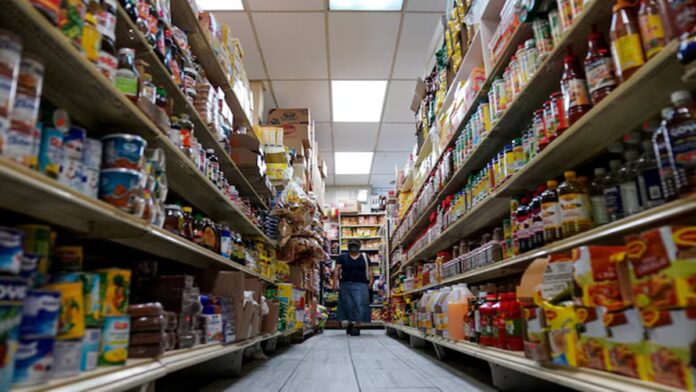Rising raw material costs across the commodity spectrum may compel fast-moving consumer goods (FMCG) companies to hike prices, a standard response during inflationary cycles. However, the situation is more complex this time.
Commodity inflation has emerged at an inopportune moment for FMCG firms. Urban demand remains weak, while rural markets are only beginning to recover.
This dual challenge has companies adopting a cautious approach to price increases, fearing a potential impact on sales volume. CEOs admit that any price hike will be “calibrated” to align with the fragile demand environment.
Also ReadIt’s slow going at Indiamart
“The slowdown in FMCG demand poses a greater challenge than rising input costs. Sharp price increases could hurt sales, something companies can ill afford right now,” explains Harsha V Agarwal, vice-chairman and MD of Emami and president of the Federation of Indian Chambers of Commerce and Industry (Ficci).
While companies are wary, some see price hikes as unavoidable. Tarun Arora, CEO and wholetime director at Zydus Wellness, emphasises the inevitability of adjustments. “Input costs are climbing across the board, from food to non-food categories. FMCG firms have no choice but to raise prices, albeit gradually. Low to mid-single-digit hikes are expected by January, given the weak demand sentiment,” Arora notes.
Varun Berry, vice-chairman and managing director of Britannia, echoes the sentiment, pointing out the rising inflation in critical commodities like wheat, palm oil and cocoa. “Value growth in the FMCG market is declining, while input costs are surging. Price hikes are necessary to protect margins,” he says.
Some companies have already implemented price adjustments in select categories. Tata Consumer, Hindustan Unilever (HUL), and Britannia have raised prices for products like tea and biscuits. Sunil D’Souza, managing director and CEO of Tata Consumer, hints at more increases in the pipeline.
“Erratic weather has disrupted tea and salt production, driving input cost inflation. We’ve initiated staggered price hikes and may introduce more in the future,” D’Souza said.
Despite the necessity of price adjustments, analysts caution against potential downsides.
Satish Meena, analyst at Datum Intelligence, warns that while government interventions could ease food inflation, aggressive pricing moves by companies might stifle volume growth at a time when stability is crucial.
“Price hikes during such conditions may slow down volume recovery,
» Read More


